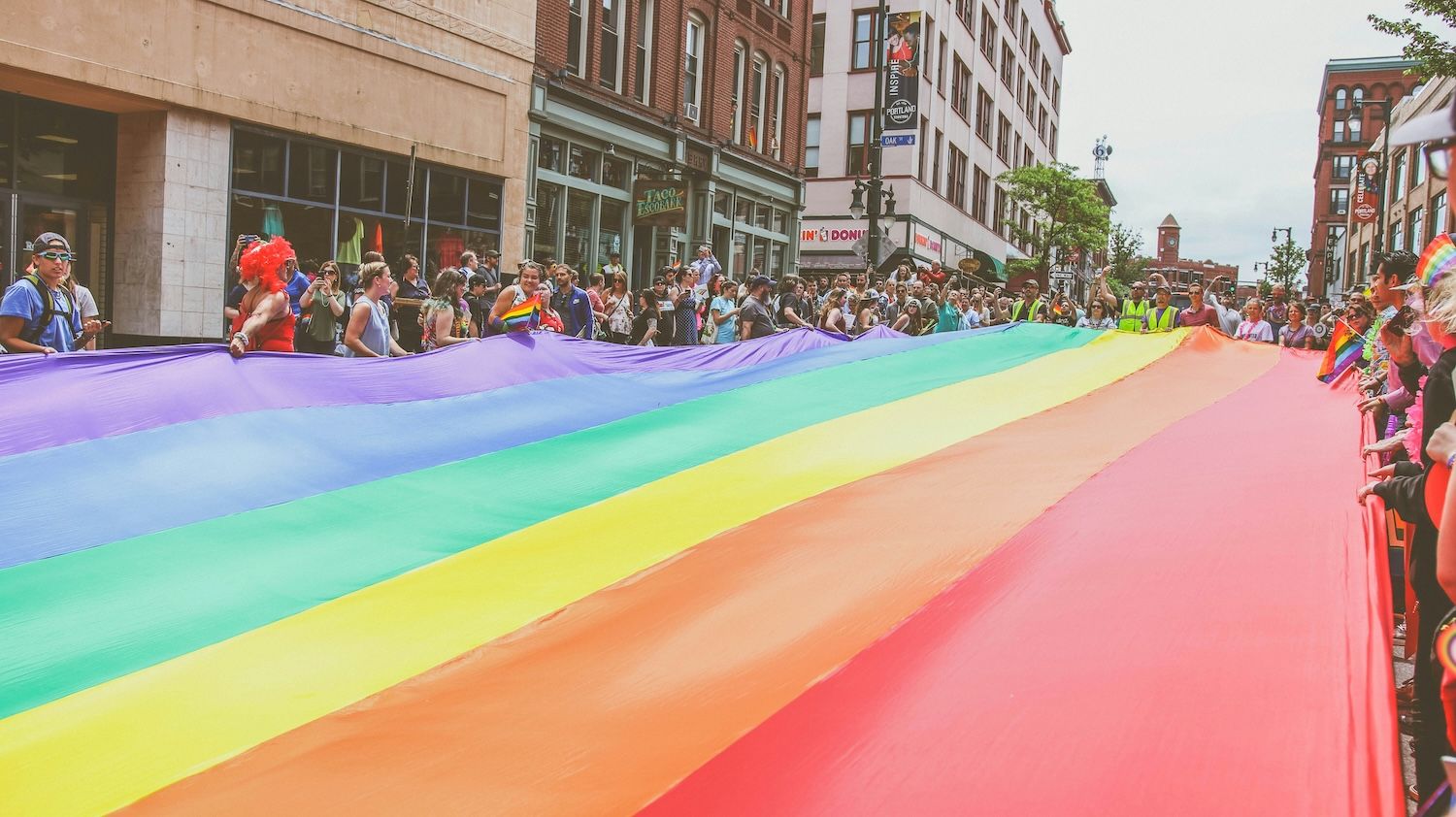What is Pride?
Pride is a global celebration that honours the LGBTQ+ community's history, struggles, achievements, and ongoing fight for equality. Originating from the Stonewall Riots of 1969 in New York City, Pride has evolved into a worldwide movement, representing a powerful statement against discrimination and a celebration of love, diversity, and human rights.

What Pride Represents
Pride is more than just a series of parades and parties; it is an assertion of identity, freedom and resistance against oppression. It is a time when the LGBTQ+ community and allies come together to recognise the progress made towards equality while acknowledging the challenges that still exist. The vibrant colours of the Pride flag symbolise the diversity within the community — encompassing all sexual orientations, gender identities, races and ethnicities.
Where Pride is Celebrated
Pride is celebrated globally, with major events taking place in London, New York, San Francisco, Sydney, São Paulo and many more. These events vary in size and scope, ranging from small community gatherings to massive parades that attract millions of participants and spectators. Each location adds its unique flavour to the celebrations, reflecting the local culture and the specific issues that resonate within those communities.
In addition to major urban centres, Pride is increasingly celebrated in smaller towns and regions, bringing visibility to LGBTQ+ people in areas where they may feel more isolated. This expansion is crucial in fostering a sense of belonging and solidarity, helping to spread the message of acceptance and love far and wide.
Connecting Pride to HIV Awareness
The history of the LGBTQ+ community is deeply intertwined with the history of HIV and AIDS. In the early years of the AIDS crisis, the LGBTQ+ community faced immense stigma and discrimination, with many governments and societies neglecting their needs. However, the community came together, advocating for research, treatment, and support for those affected by HIV.
Today, HIV awareness and prevention remain central themes during Pride celebrations with events offering a crucial platform to promote HIV education, reduce stigma, and encourage HIV testing and prevention strategies.

The Importance of HIV Testing
Regular HIV testing is essential for early detection and effective treatment, which can significantly improve the quality of life for those living with HIV. Knowing your status is the first step in managing health, preventing transmission and accessing necessary support and resources.
During Pride, organisations, such as our partners at The Terrence Higgins Trust, offer free HIV testing at events, making it easier for people to get tested in a supportive and celebratory environment. Newfoundland’s HIV Test is an easy and painless finger-prick blood test which is over 99% accurate and provides results in 15 minutes. This initiative is vital in normalising testing as a routine part of healthcare and breaking down the barriers of fear and stigma that may prevent individuals from getting tested.
Promoting Health and Well-being in the LGBTQ+ Community
Pride is a time to celebrate, but it is also a reminder of the ongoing health challenges facing the LGBTQ+ community. By connecting Pride to HIV awareness, we can continue to promote a culture of care, responsibility and solidarity. Encouraging regular HIV testing, providing education on prevention methods like PrEP (pre-exposure prophylaxis) and supporting those living with HIV are crucial steps in ensuring the well-being of the community.